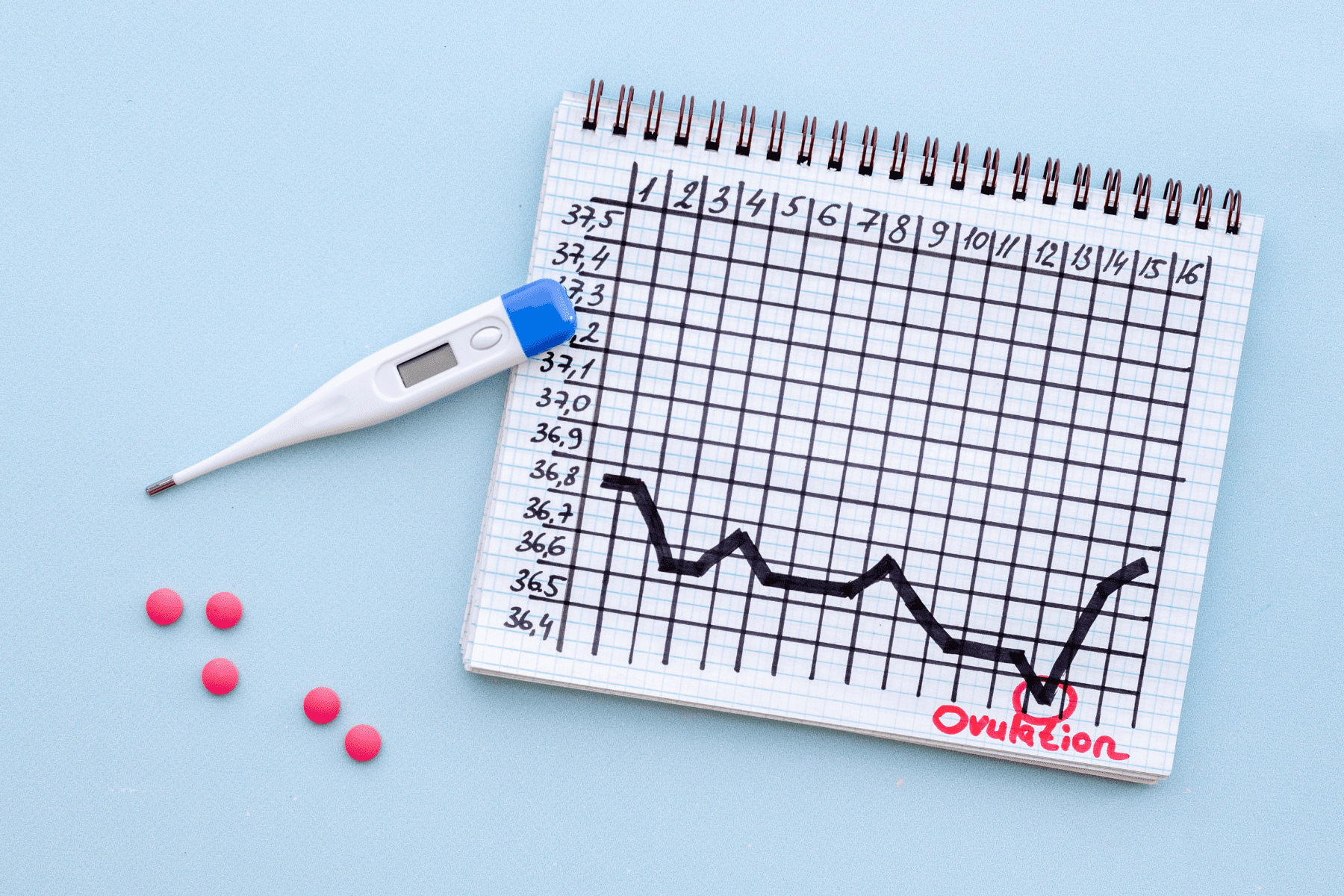When you’re dreaming of parenthood, optimizing your lifestyle can make a significant difference in your fertility journey. Small yet meaningful changes in your daily habits, diet, and self-care can boost your chances of conceiving while enhancing your overall well-being. From eating nutrient-rich foods to reducing stress, the following tips will guide you toward a healthier, more fertility-friendly lifestyle.
6 Ways to Boost Your Fertility
1. Fuel Your Fertility with Nutrition
Your diet is a cornerstone of fertility health. Prioritize a variety of fruits, vegetables, whole grains, lean proteins, and healthy fats. Fertility-friendly nutrients like folate, vitamin D, iron, and omega-3 fatty acids can support reproductive health. Avoid overindulging in refined carbohydrates, sweets, and saturated fats, as they can lead to weight gain and hormonal imbalances.
Additionally, consider incorporating supplements such as a high-quality prenatal vitamin, DHA, and CoQ10 if recommended by your healthcare provider. These can help fill nutritional gaps and support egg and sperm quality. Maintaining a healthy weight is equally crucial; studies show that even a modest weight loss of 5% can significantly boost fertility in individuals who are overweight.
2. Embrace Regular Exercise
Exercise is a great way to boost your physical and mental health. In a world where many are sitting all day, prioritizing 30 minutes of movement can make a big difference. Pick something you enjoy and can commit to doing. If you can’t decide, just take a walk.
3. Achieve a Healthy Weight for Fertility
When the body is at a healthy weight, it helps regulate monthly ovulation and sperm production. As weight increases, hormones are thrown off in both men and women, which can cause ovulation disorders and alter the shape, movement or count of sperm. It can even make it harder for an egg to fertilize and implant in the uterus, and has been associated with an increased rate of pregnancy loss. Studies have found that losing as little as five percent of body weight in individuals with a BMI over the normal range can dramatically improve fertility potential. A BMI under the normal range can also interfere with ovulatory function – aim for a BMI of 18.5-24.9 to boost fertility.
4. Moderation in Coffee & Alcohol Consumption
While that morning coffee or occasional cocktail might feel like a staple, moderation is key when trying to conceive. Limit caffeine intake to 200 mg per day—roughly one 12-ounce cup of coffee—and remember that caffeine hides in tea, chocolate, and certain sodas. Alcohol consumption should also be minimal; aim for no more than 2-3 servings per week. A single serving equals one ounce of hard liquor, 4.5 ounces of wine, or 12 ounces of beer.
5. Quit Smoking for Better Fertility
Smoking negatively impacts fertility in both men and women. For women, the chemicals in cigarettes can accelerate egg loss, potentially leading to earlier menopause. Men may experience reduced sperm quality, count, and motility. Quitting smoking not only improves fertility outcomes but also contributes to a healthy pregnancy and baby.
6. Manage Stress for Improved Fertility
Chronic stress can interfere with hormonal balance, making conception more difficult. Prioritize activities that help you relax, such as gentle exercise, journaling, or spending time in nature. Techniques like deep breathing or guided meditation can work wonders for calming your mind and supporting your body’s natural fertility processes.
By focusing on these six tips, you can boost your fertility, setting the stage for a successful and healthy pregnancy. Remember, small changes can lead to significant results, and your commitment to self-care today will benefit you and your future family.
Medical contribution by Meike Uhler, M.D.
Dr. Uhler feels fortunate to play a role in this stage of her patients’ lives. Her research interests focus on the evaluation and treatment of infertility, as well as raising fertility awareness in the general population.








